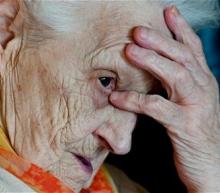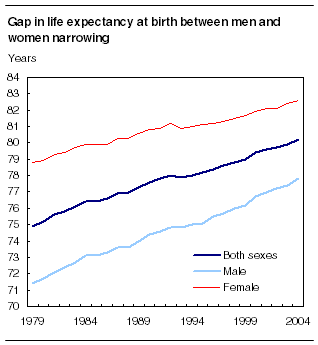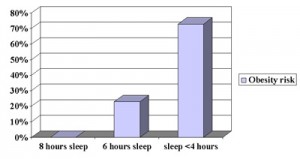Lack of sleep can lead to childhood obesity
Stressful lifestyles often contribute to physical disorders and psychological difficulties, but little has been known about the fact that unbalanced sleep patterns also dysbalance a healthy body weight. Jean-Philippe Chaput of Laval University, Quebec City presented some facts at the 16 th European Congress on Obesity in Geneva, that emphasizes the importance of a balanced sleep pattern. There can be not only too little sleep but also too much sleep, as Dr. Chaput found out by studying 276 adults. Those who had a pattern of short duration sleep (5 to 6 hours) and those individuals who slept 9 to 10 hours were 35% and 25% more likely, respectively to show weight gains of 5 kg compared to the group that slept for 7 to 8 hours. The most likely reason is an alteration of certain hormones: short sleepers had high leptin levels and low ghrelin levels. In a previous study on children it also became obvious that to little sleep increases the risk of overweight and obesity in children. It was also possible to establish the type of weight gain.
Short sleep duration in kids lead to abdominal fat rather than to overall body fat deposits. Too little sleep in children seems to have more health consequences than previously thought, as it is the most important risk factor for overweight in this group. The most important risk factor was sleep duration that is too short, followed by parental obesity, watching TV and lack of physical activity.
More information about sleep apnea: http://nethealthbook.com/ear-nose-and-throat-diseases-otolaryngology-ent/nose-problems/sleep-apnea/
Reference: From the 16th European Congress on Obesity, May 2008
Last edited November 3, 2014











